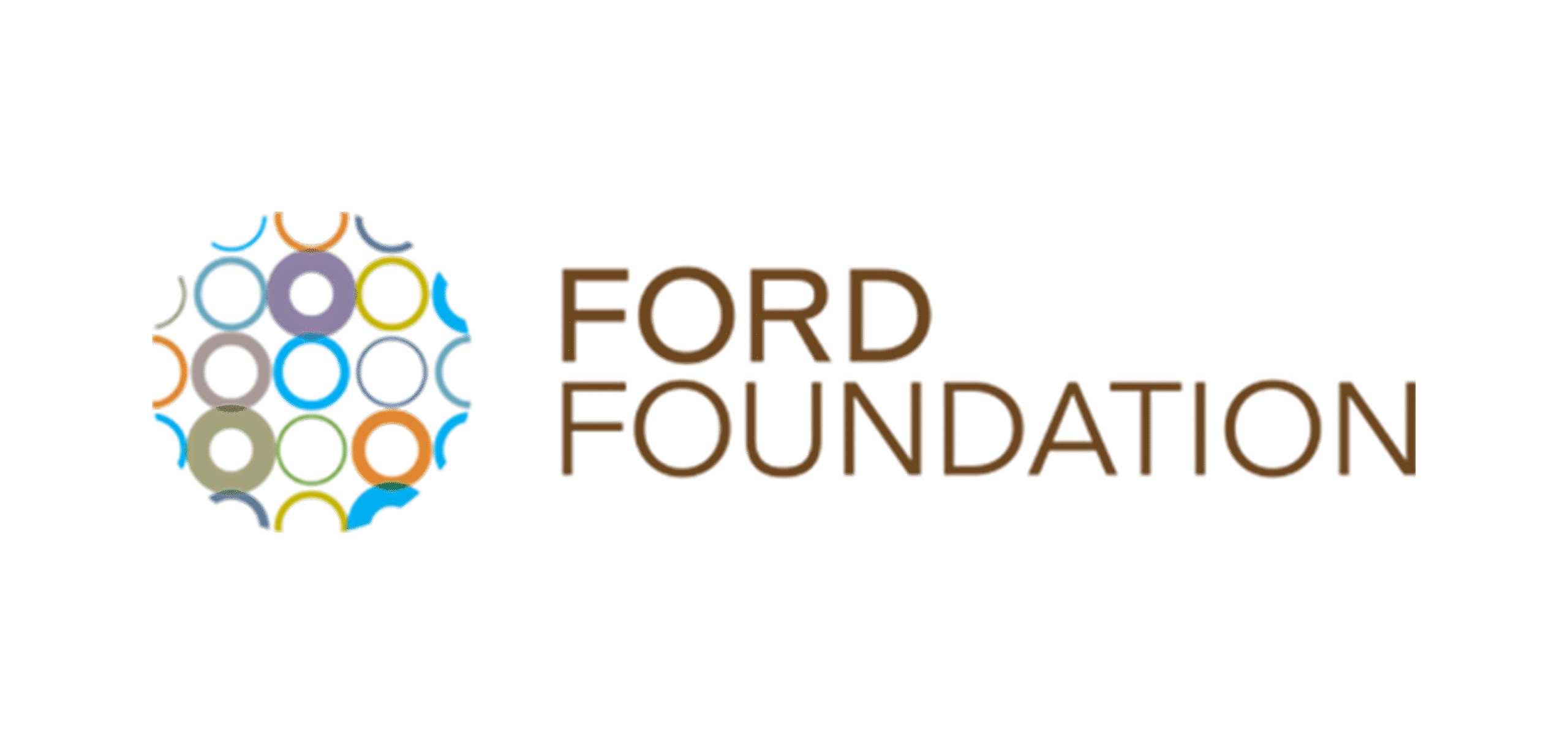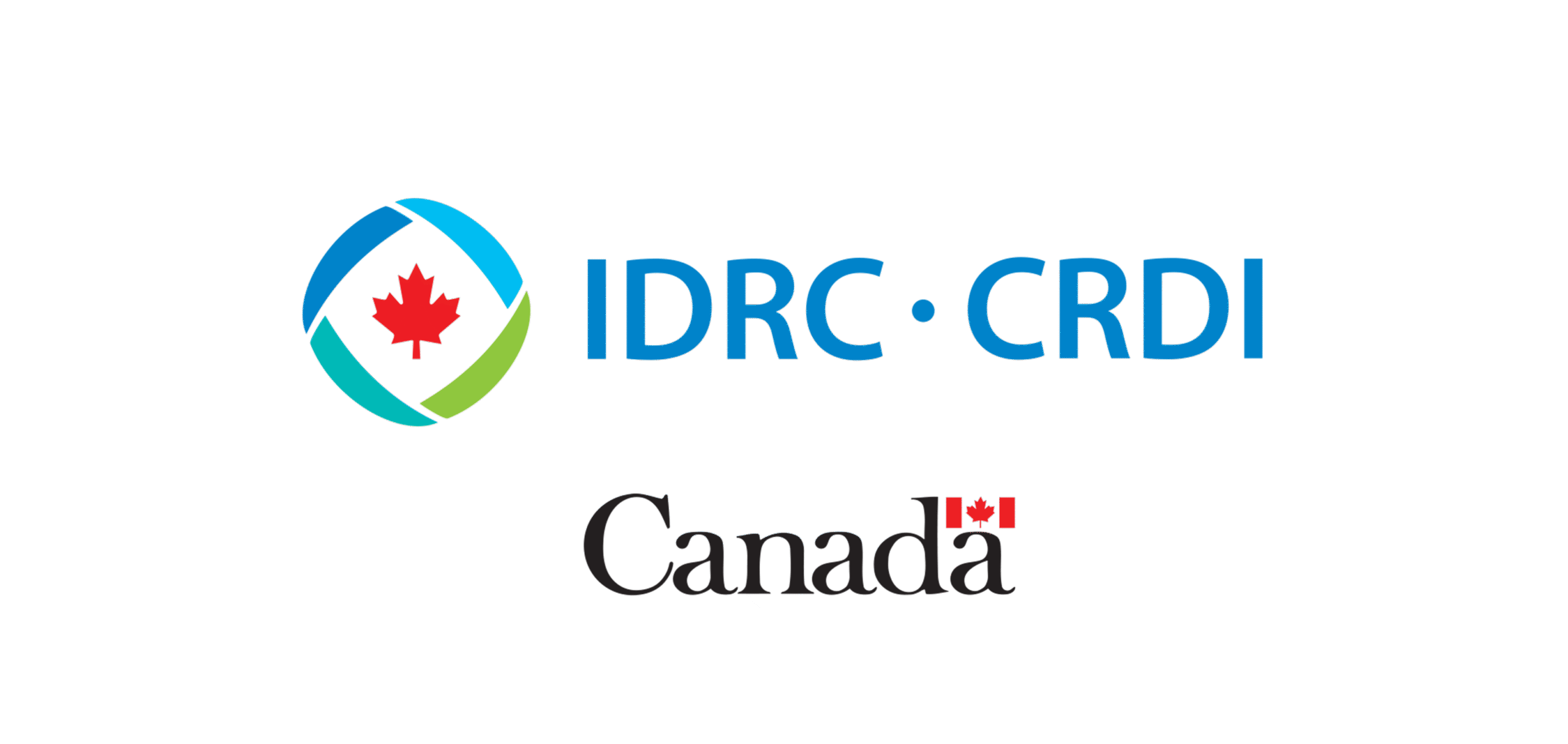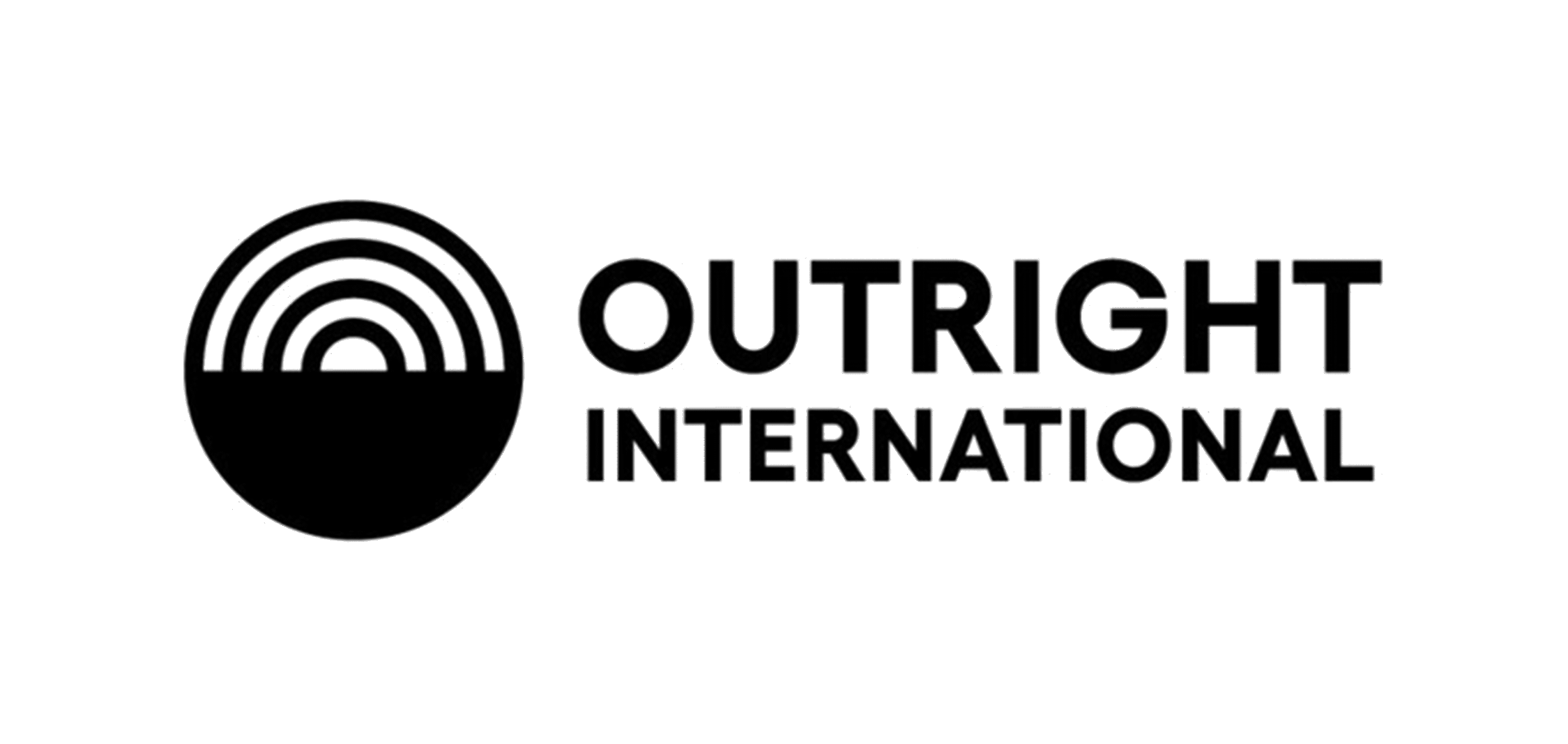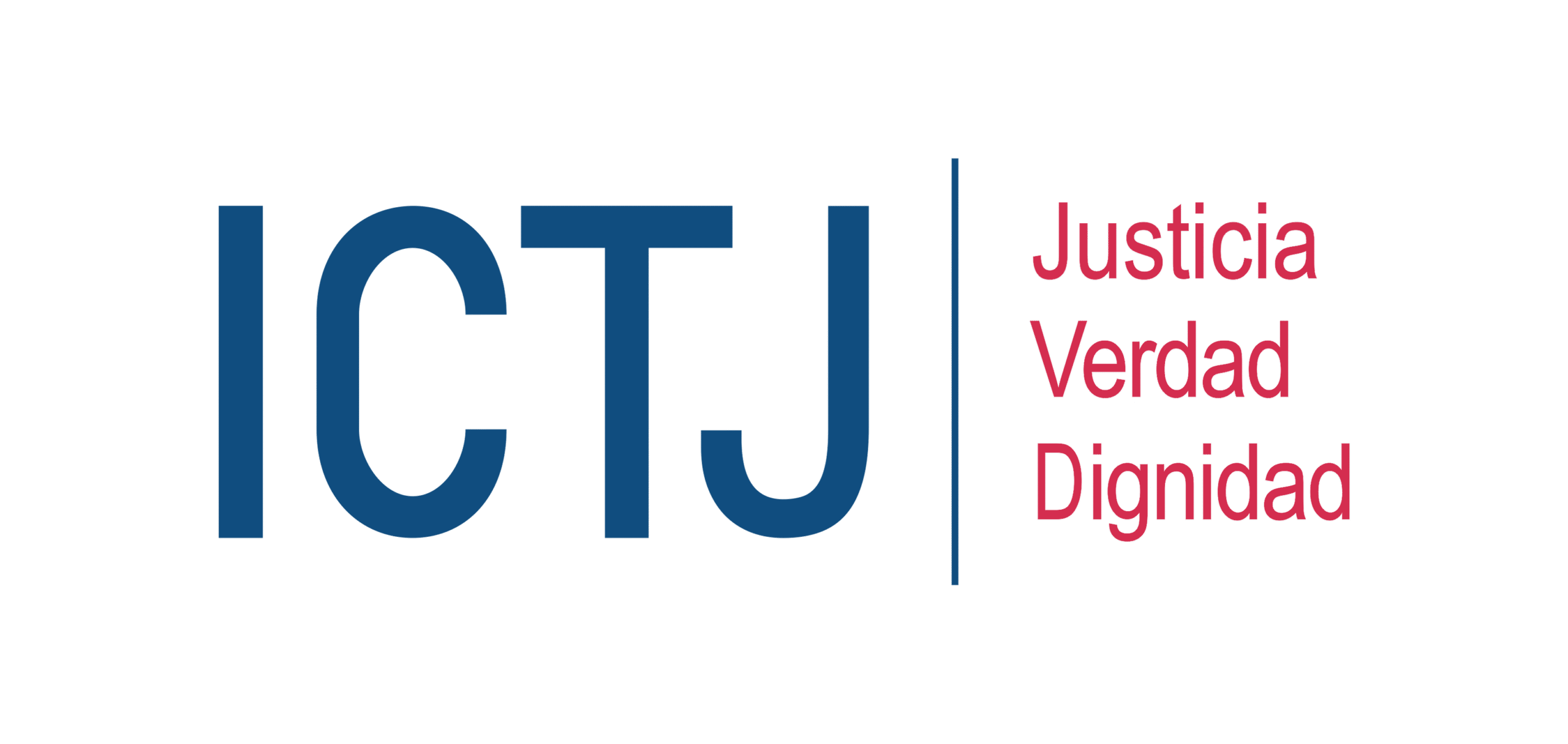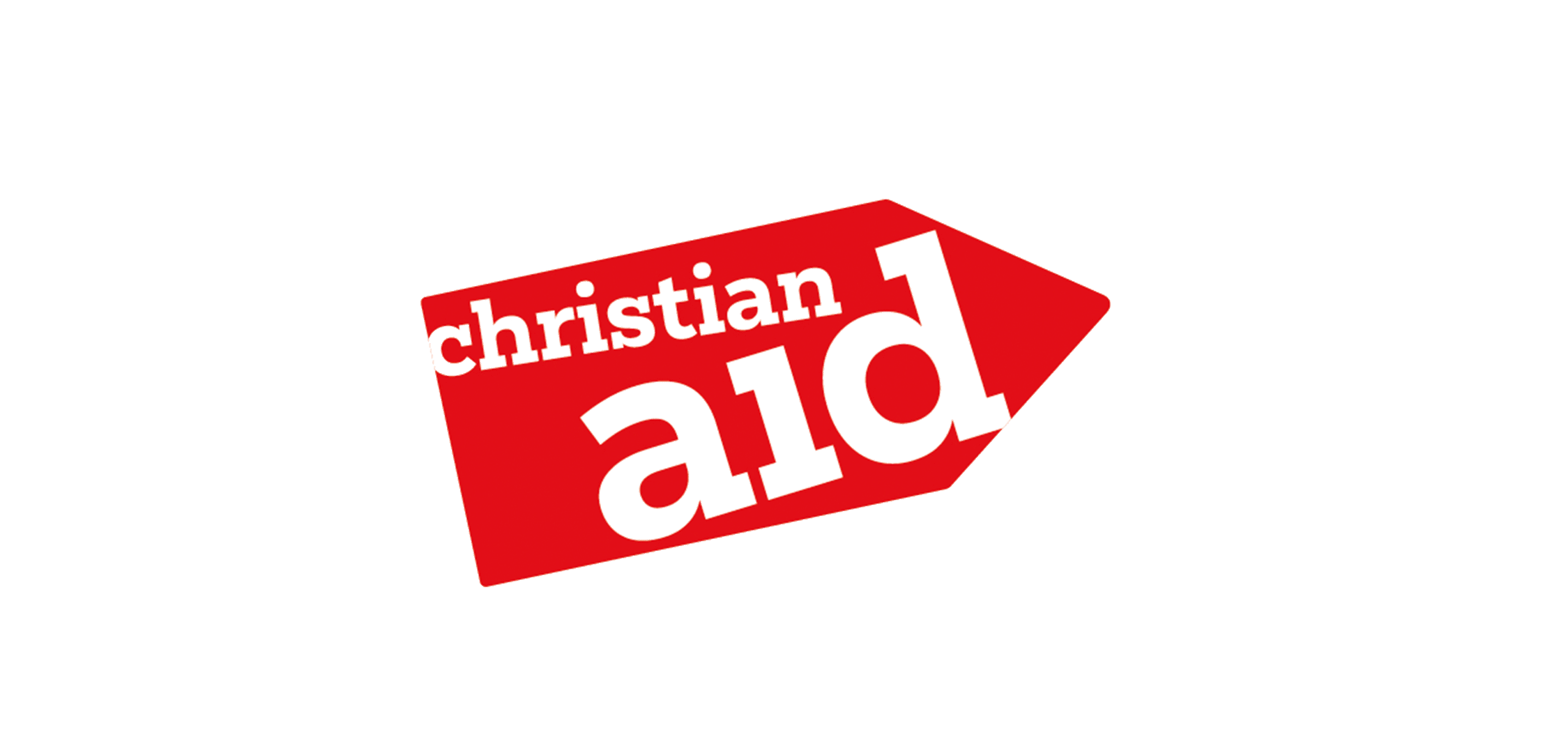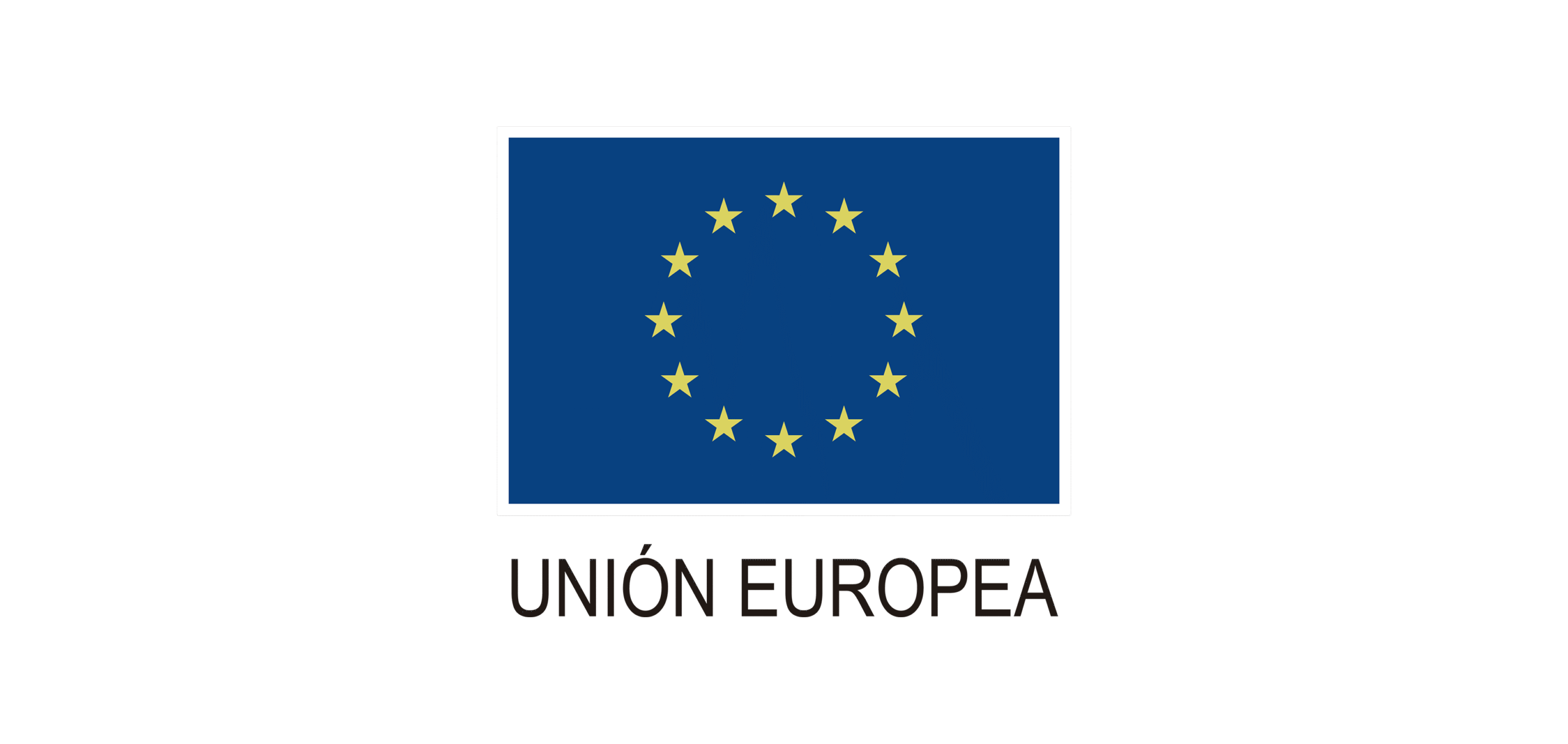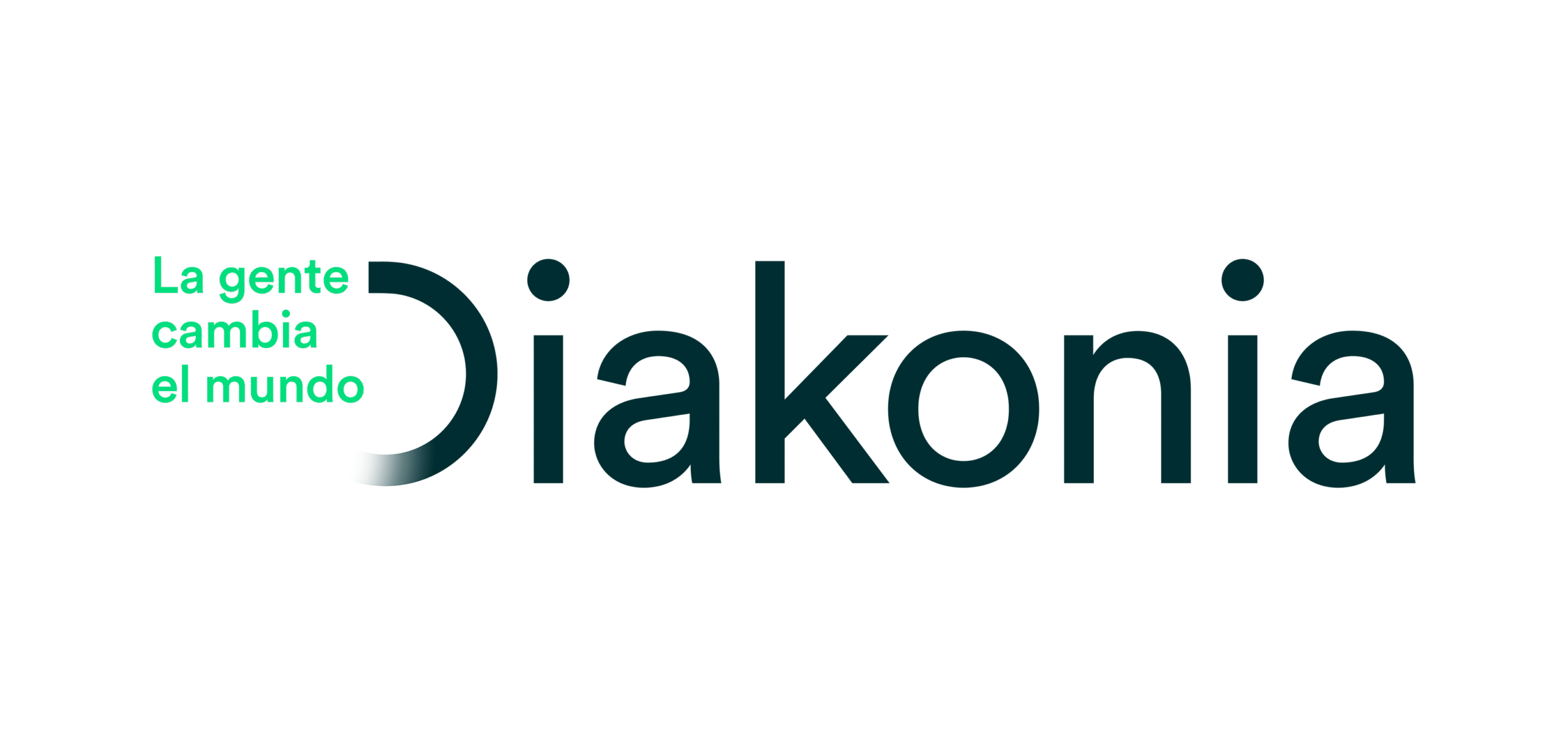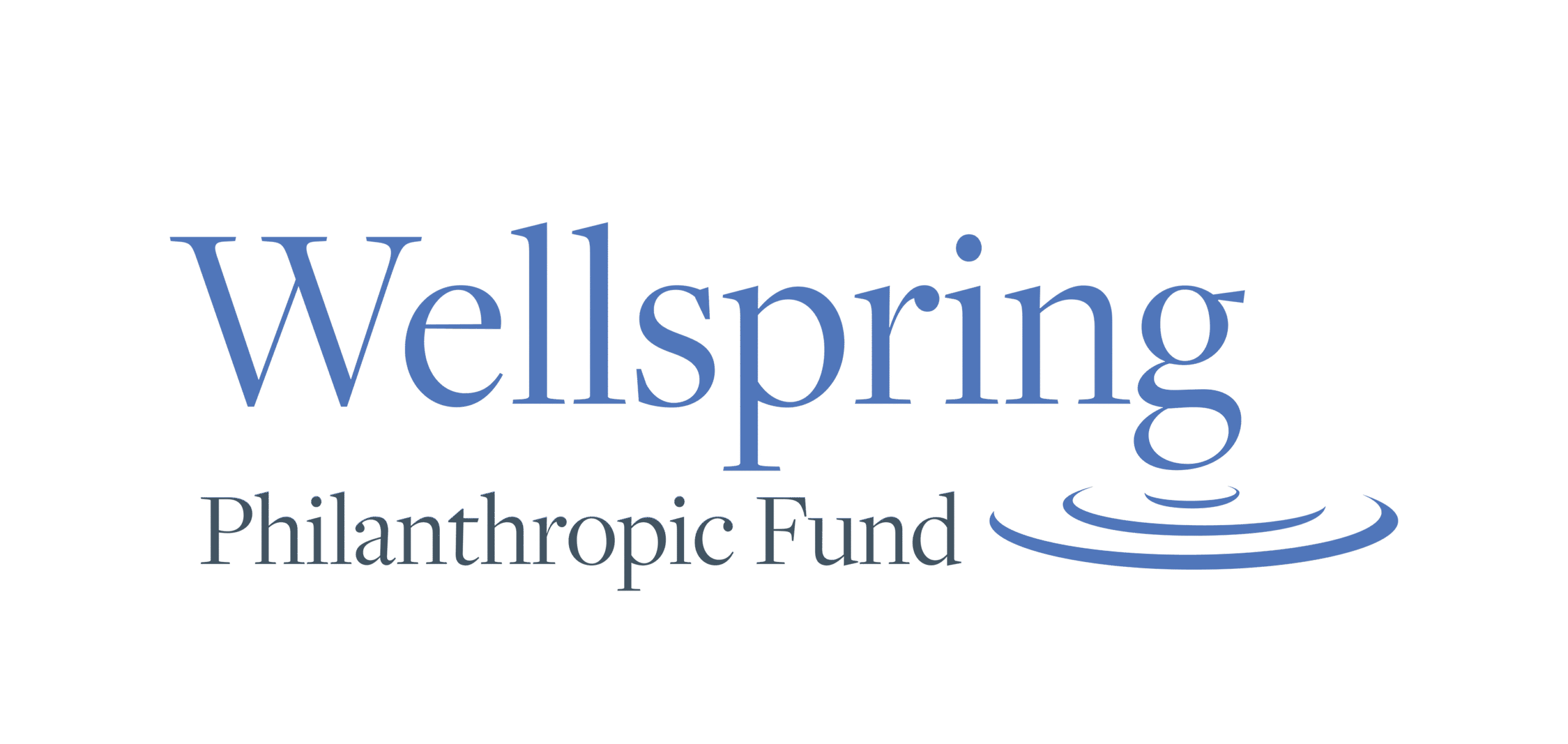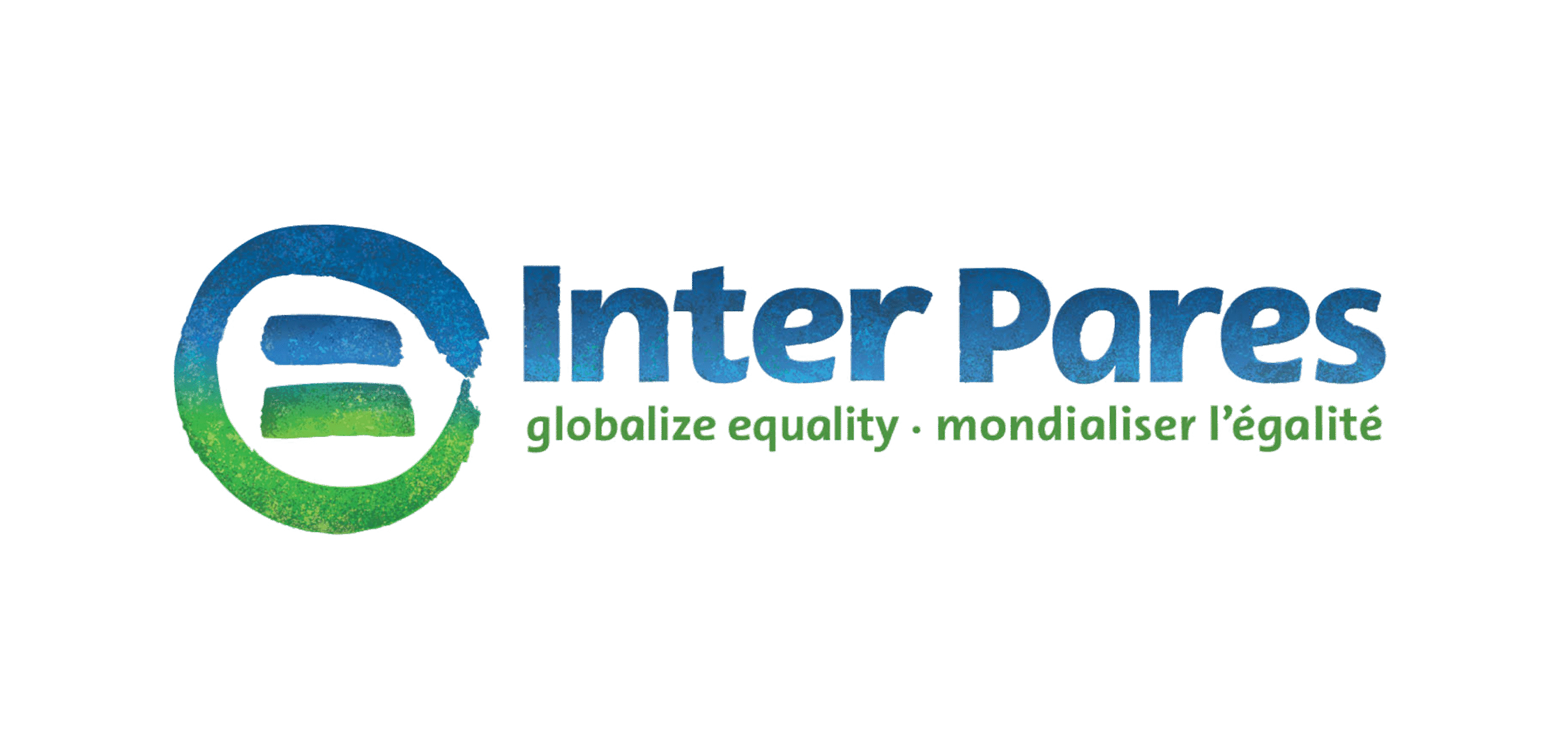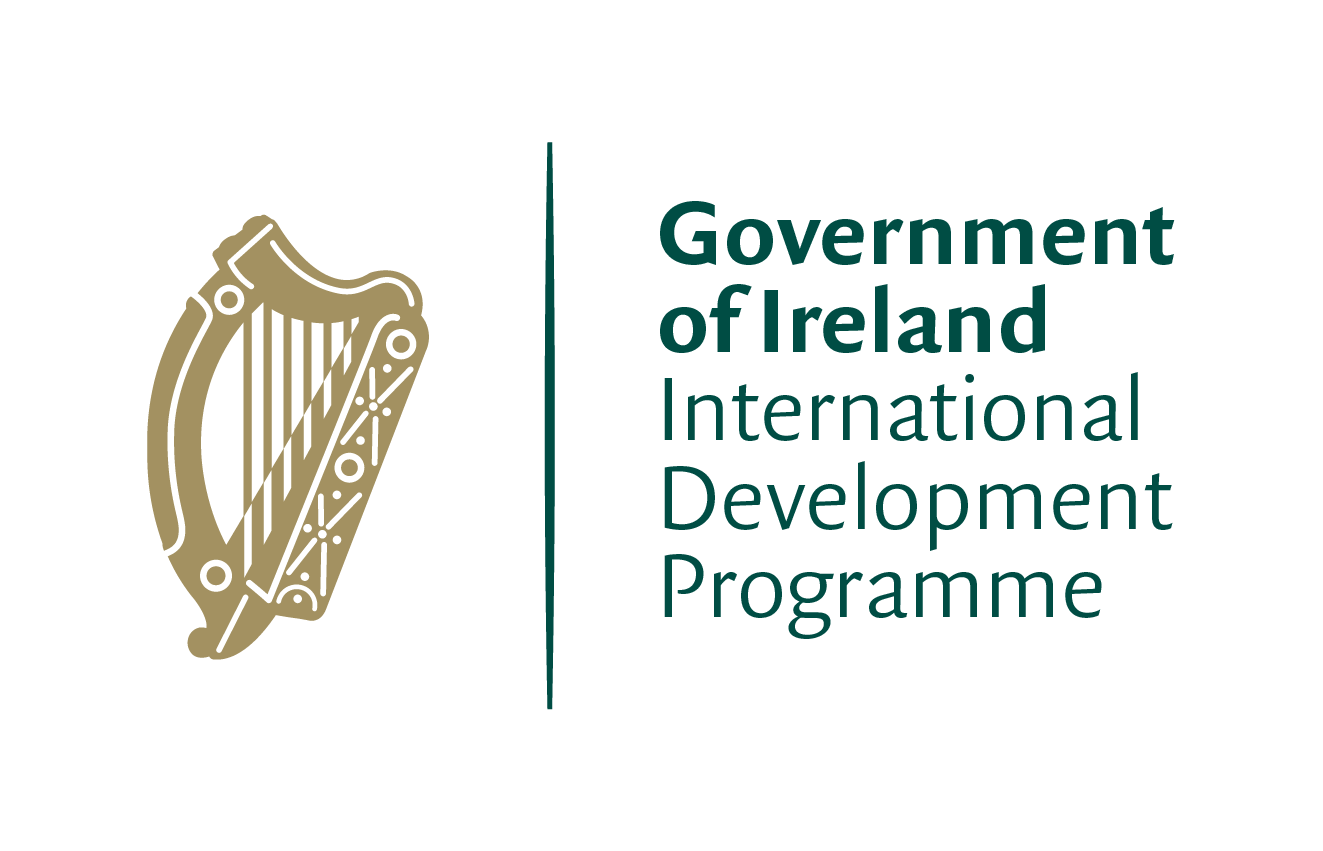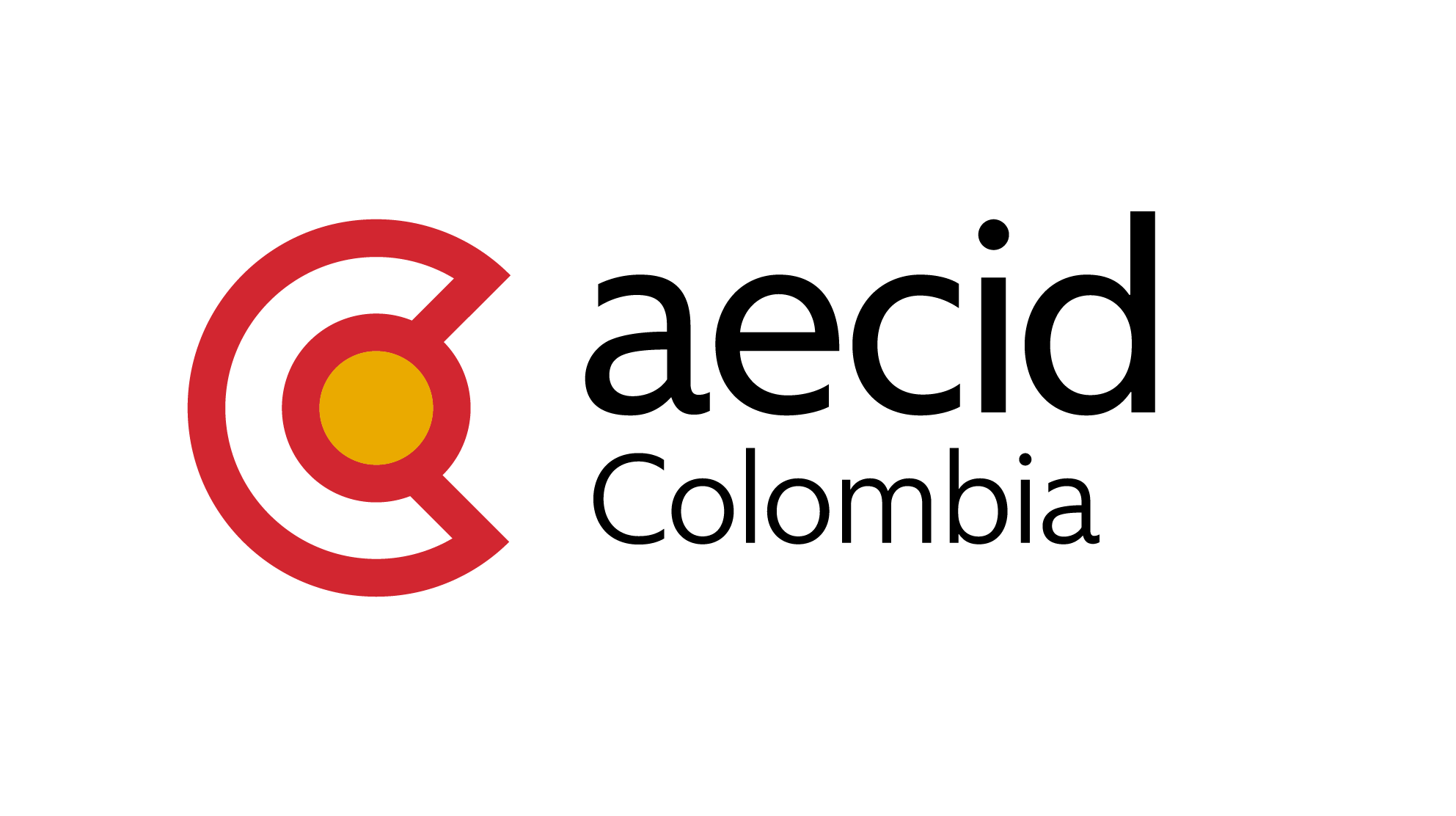Reception of Applications: From 2 February to 9 February 2024.
Service to be contracted: Consultancy for the design and implementation of an external evaluation process of an international cooperation project implemented in several Latin American countries.
Description. Colombia Diversa requires the contracting of a group of people or organisation to design and implement an external evaluation process for a project that the organisation implemented within the period 2019 - 2024.
The project is called "Eradicating violence and providing access to justice: Latin America and the Caribbean LGBTI homicide database 2019-2024"
The project was developed in the countries of Bolivia, Brazil, Colombia, Dominican Republic, El Salvador, Guatemala, Honduras, Mexico, Paraguay, Ecuador and Peru. Through organisations belonging to the Red SinViolencia LGBTI.
The project development time was 4 years, 10 months and 18 days, with a closing date of 30 July 2024.
The project is based on the premise that Latin America is the most violent region in the world, since it is home to almost 1/3 of the world's homicides and most of these homicides occur in 7 countries: Brazil, Colombia, El Salvador, Guatemala, Honduras, Mexico and Venezuela, it became evident that LGBTI people are faced with cases of homicide by prejudice and in this sense it is necessary to generate data for the construction of responses to lethal violence by prejudice against LGBTI people in these Latin American countries.
In addition to the above, since September 2015, individuals and organisations from 12 Latin American countries have been working on a homicide data quality protocol, which consists of a guide for States to produce information with unified quality standards that will allow the information to be comparable and serve as a basis for public policy decisions.
Purpose of the Activities: Colombia Diversa aims to evaluate the level of achievement of the three project objectives and the fulfilment of the proposed results. Additionally, the impact of the regional project in the participating countries and organisations through the identification of the strengthening that the project's objectives generated in the organisations and stakeholders of the project.
In addition, the organisation aims to identify lessons learned, opportunities for improvement and next steps for implementing organisations in terms of access to justice and data generation on LGBTI homicides in Latin America.
Objective of the evaluation: Determine whether the project impacted the generation of data on LGBTI homicides and whether this impacted decision-making by public authorities in each of the countries implementing the project.
Specific objectives:
- Identify the impact that project funding had on the qualification of the data produced on LGBTI homicide.
- Identify the scope of the reports produced by the SinViolencia Network, especially with regard to research and advocacy on public officials in the target countries.
- Identify the relevance and efficiency of the research and advocacy strategies developed within the framework of the project.
Criteria for external evaluation:
Efficiency: It aims to measure whether the inputs or resources invested in the project have been invested in the best way, i.e. it seeks to identify whether the resources have been implemented to massify the possibility of impact in achieving the results.
Effectiveness: The aim is to measure the extent to which the project has achieved the results it set out in its formulation and how far it has progressed in achieving them.
Relevance: The aim is to measure how well the project and its purposes are aligned with the social and political context, as well as whether it responds to the needs of the target populations.
Sustainability of results: The aim is to identify how the results obtained by the project will be sustainable over time at the end of the 4 years and 10 months of implementation.
Scope of the Evaluation: The external evaluation process should take into account the following elements:
Time: The project is in the phase of closing activities and therefore the external evaluation will be carried out at the same time as the final and closing activities of the project.
Evaluation period: The project had an intervention period of 4 years, 10 months and 18 days and it is intended to evaluate the entire project execution time.
Geographical coverage: The project was implemented simultaneously in 9 countries under the leadership of the technical secretariat of the SinViolencia Network, so the evaluation should be carried out taking into account these criteria and prioritising evaluation sessions on-site in each of the territories targeted for intervention.
Thematic coverage: The evaluation process should include the evaluation of the 3 project objectives as well as the annual results presented.
Limitations: It should be taken into account that in case the budget allocated to the evaluation is not sufficient for face-to-face accompaniment in the 9 countries, it will be necessary to carry out a prioritisation exercise that should be consulted with the Technical Secretariat of the SinViolencia Network. In addition, coordination should be made with the Technical Secretariat of the SinViolencia Network in case the application of evaluation tools with the organisations is required in order to have this support.
Activities. Under the supervision of the Monitoring and Evaluation Coordination of Colombia Diversa and the Technical Secretariat of the Red SinViolencia, carry out the following activities:
- Design of a methodology for the external evaluation process that includes the above-mentioned criteria together with a design of tools for the development of the proposed external evaluation.
- Implementation of the methodology in the proposed intervention countries, prioritising face-to-face implementation.
- Return of results of the evaluation process in which achievements, fulfilment of objectives, challenges in implementation, lessons learned and good practices are identified.
Type of contract and term: The contracting will be carried out through a contract for the provision of services, governed by the laws of Colombia, for a period of four (4) months.
Timetable for implementation:
Month 1: Design of a methodology for the external evaluation process including the criteria mentioned above together with a design of tools for the development of the proposed external evaluation.
Months 2 and 3: Implementation of the methodology in the proposed intervention countries, prioritising face-to-face implementation.
Month 4: a. Return of results of the evaluation process in which achievements, fulfilment of objectives, challenges in implementation, lessons learned and good practices are identified.
b. Final External Evaluation Report.
Deliverables of the evaluation process and suggested content:
Document containing the methodology of the evaluation:
The first deliverable of the consultancy is a report containing the methodology of the evaluation process, identifying the steps for its development, the approach of the evaluation team, the techniques to be used, and the implementation schedule.
The document must contain at least the following:
- Context and identification of stakeholders.
- Purpose of the evaluation
- Analysis of the evaluability and methodology to be implemented according to stakeholders.
- Objectives of the evaluation
- Evaluation questions
- Evaluation design
- Indicators
- Methods to be implemented
- Data collection and processing techniques
- Analyses, value judgements, approaches and assumptions on which the evaluation is based
- Method of reporting results.
Implementation report:
A progress report on the implementation of the evaluation, which should report on the application of the evaluation process described above.
The document must contain at least the following:
- Party or stakeholders assessed
- Rapporteur on the process of implementation of the proposed methodology
- Evidence of implementation.
Final report:
The final document should contain the findings and results of the evaluation process, a detailed summary of the evaluation process and conclusions, as well as a summary of the synchronous feedback day.
The document must contain at least the following:
- Context in which the evaluation took place
- Details of assessment moments with all parties and stakeholders.
- Tools used
- Applied Methodological Design
- Compliance with proposed measurement indicators.
- Evaluation findings.
- Description of the synchronous feedback event to the organisations.
- Conclusions and recommendations
Value. The Contract shall have a approximate value of USD 11,000 the form of payment of which shall be subject to negotiation at the time of the contract.
Requirements. To be eligible for this consultancy you must:
- Present a work proposal in which the activities described above are included.
- Profile summary[1] and experience that the organisation/person has in designing and implementing external evaluation processes indicating previous experience of evaluation of regional intervention projects or programmes.
Applications from LGBTI+ people from an intersectional perspective are welcome.
Selection Process.
Please send the documents described above to the following address mo******************@*************sa.org with subject: External Evaluation Consultancy Project.
Receipt of Applications. From 2 February to 9 February 2024.
Evaluation. The Evaluation Committee will pre-qualify the work proposals and assess the profiles and experiences of the organisations.
Deliberation and Selection. The Committee will make a decision on the basis of the information submitted and may request meetings to further investigate the proposal submitted.
Acceptance. The Administrative Area of Colombia Diversa will be contacted to request additional documents and prepare the contract.
[1] In the case of trans, non-binary, gender-diverse or queer people, it is not necessary for your legal document to reflect your gender identity or gender expression. We also ask you to indicate in your email the pronouns and names by which you self-identify.



